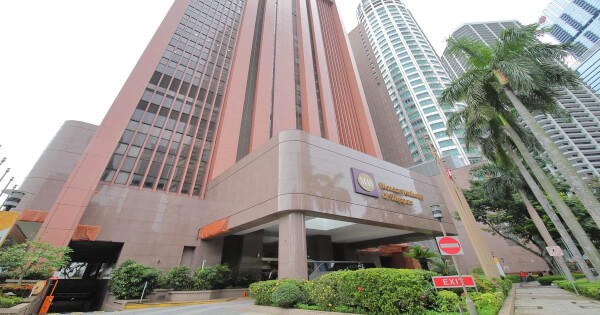
In response to the evolving landscape of technology-enabled crimes, Singapore’s Attorney-General’s Chambers (AGC) has officially established two specialized task forces this year, according to Lianhe Zaobao. Comprising approximately 20 prosecutors, these units aim to tackle challenges posed by technological advancements in criminal activities.
Two Types of Tech Crimes
Wang Shouren, Deputy Chief Prosecutor of the AGC, stated in an interview with Lianhe Zaobao that technology-enabled crimes mainly fall into two categories. The first involves crimes directly related to technology, such as hacking into computer systems. The second category consists of technology-facilitated crimes, which are traditional crimes aided by technology, like digital forgery, online harassment, and fraud.
Specialized Task Forces
The AGC began focusing on this criminal trend since the late 1990s and has now formally established two task forces: the Technology Crime Task Force and the Cryptocurrency Task Force. The former deals with computer or technology-assisted crimes and handles digital evidence, while the latter focuses on issues arising from cryptocurrencies as assets, including assisting the Singapore Police Force in tracking and handling such assets.
Training and Collaboration
All prosecutors are required to undergo basic training in technology crimes and digital evidence. The task force members also collaborate with relevant government agencies like the Criminal Investigation Department and the Commercial Affairs Department, and even receive specialized training abroad. Wang Shouren added, “We also maintain contact with large tech companies and social media firms, as tackling cybercrime and addressing challenges brought by technological advancements require close cooperation between the public and private sectors.”
Cross-Border Cooperation
Wang cited a recent case involving a local man in Singapore who committed identity fraud in the United States, defrauding hundreds of thousands of dollars. The case highlighted the importance of international cooperation in law enforcement, especially when criminals operate across borders.
Image source: Shutterstock Read The Original Article on Blockchain.News













